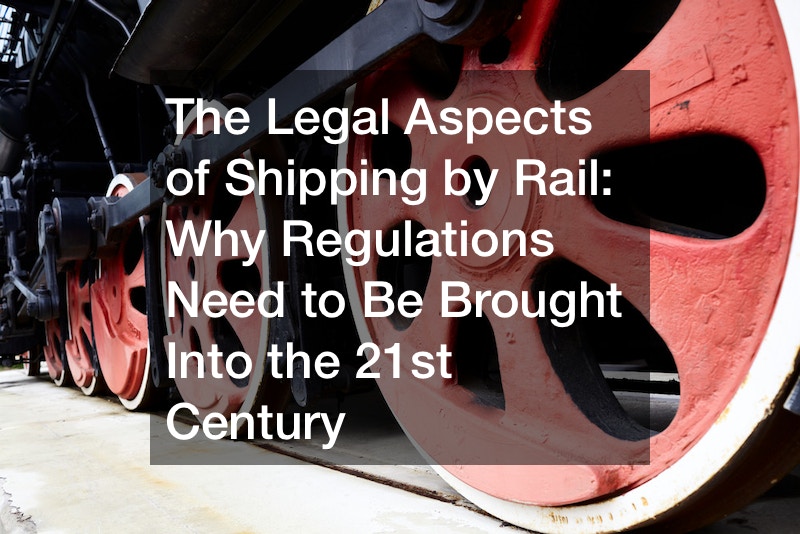Rail freight is typically used for transporting a part of the way from the producer to the final consumer for. Others construction materials, and they do. It doesn’t matter whether it’s one of the bigger components like Trusses, or the whole construction. The shipping must meet Federal and State regulations on loading capacity along with other legal issues related to shipping via rail. Packaging for this kind of structure is also huge and often challenging to transport. Conformity with relevant packaging regulations and contractual terms raises important legal concerns when the shipping process via rail.
Commercial laundry equipment
International shipping is generally governed by regulations and permits that are issued to manufacturers and exporters of commercial laundry equipment. The region in which the commercial laundry machine travels will have unique and sometimes specific requirements that are applicable to the shipment and the legal aspects for shipping through rail.
Fork Lifts
Fork lift companies typically transport their equipment using an open-air way, like an open-air rail car that is flatbed or a car specially designed to hold heavy machinery. Other shippers will use intermodal shipment for smaller industrial machinery, which allows it to move between one vehicle and another with limited time and greater efficiency. Intermodal shipping is frequently employed for international shipping as approved carriers can clear borders before they even arrive. Yet, the right processing and preparation of intermodal shipping can become one of the crucial elements in the legal aspects of rail shipping.
Metal Goods
Metal fabrication produces sheets of metal, as well as other flat metals conforming to specific specifications. Fabricators should be capable of helping buyers to ship and pack their goods correctly.
xg25zfvghc.
